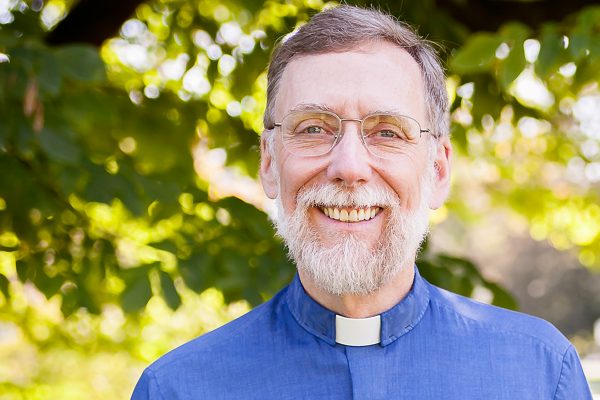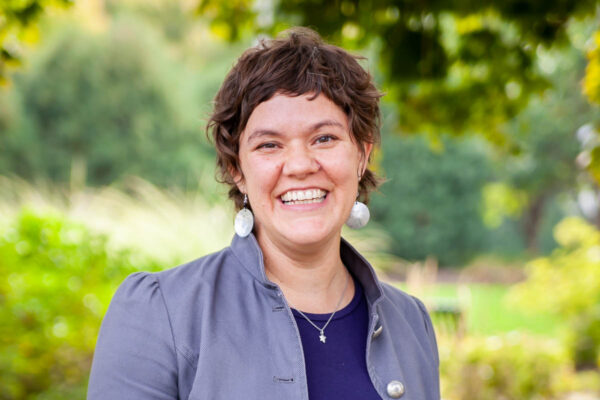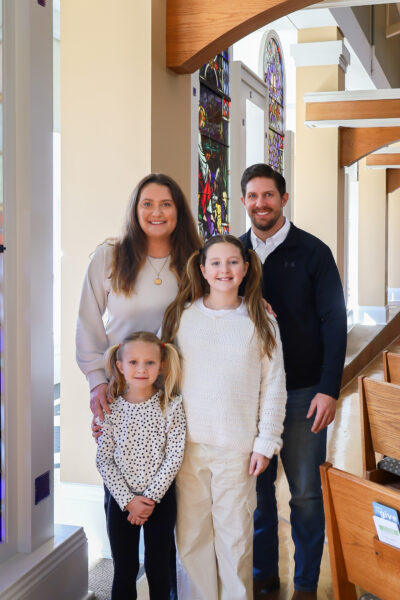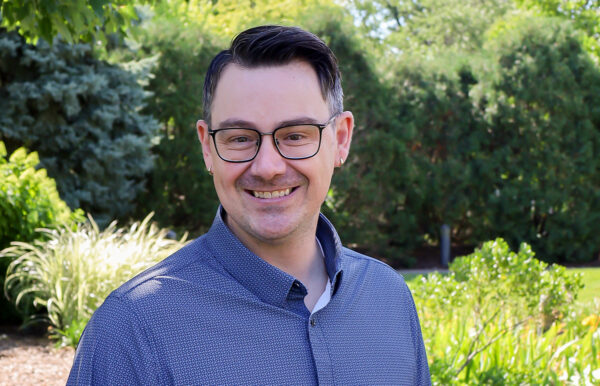Twin traditions

The exact overlap of Passover and Holy Week that we are experiencing this year is not a frequent occurrence. Because of decisions made 1,700 years ago this year, the date of Easter always falls on a Sunday, while Passover can begin on any day of the week depending on when the full moon occurs. Moreover, the Jewish and Christian calendars count their months differently, so the two holidays can be separated by weeks. That is just one of the fateful decisions that have tended to separate Jews and Christians from one another down through the centuries.
The overlap this year offers a welcome opportunity to see the ways in which Judaism and Christianity are intrinsically related, particularly around these two observances. All four of the gospels place Jesus’ fateful final week at the season of Passover, with three of them identifying the Last Supper as a Passover meal. John, the fourth gospel, shifts the Last Supper back a day to show Jesus’ death taking place at the same time the Passover lambs were being slaughtered for the meal. Whether it is Jesus saying, “This is my body,” or Jesus’ body offered on the cross, both traditions identify Jesus with the Passover sacrifice that recalls God’s rescue of the people of Israel from slavery in Egypt.
That rescue is known as “redemption,” the act of transferring something from one sphere of power to another. For Israel, it was a transfer from being Pharaoh’s people in the grip of slavery to being God’ people in the freedom of their own land. So it still is for Jews today. For those who know God in Jesus, it is a transfer from being Satan’s people in the grip of sin to being God’s people in the freedom of the Spirit. Both traditions celebrate a past event when the community became God’s people, and both reinforce the way of life that honors God and serves God’s world.
More than being separated by calendars or misconceptions about one another, Jews and Christians today can share in celebrating the God who creates, redeems, frees, and guides us to live our lives as holy people. Together, we are called to testify to a world that is shaped too much by deadening powers, naming and praising God as the source of life-giving, life-affirming power. The call to announce and the tasks of holy living are too important to let our different experiences of redemption separate us. Each has its dignity in our respective communities; each offers us what we need to bring renewal to a weary world.




Audrey Keeney
Thank you for explaining this “twin” tradition. This is important for us to understand and think about the significance of this tradition to both faiths.
Marcia Willi
Thx Pastor Peter for this thought provoking message… EAGERLY awaiting Easter!